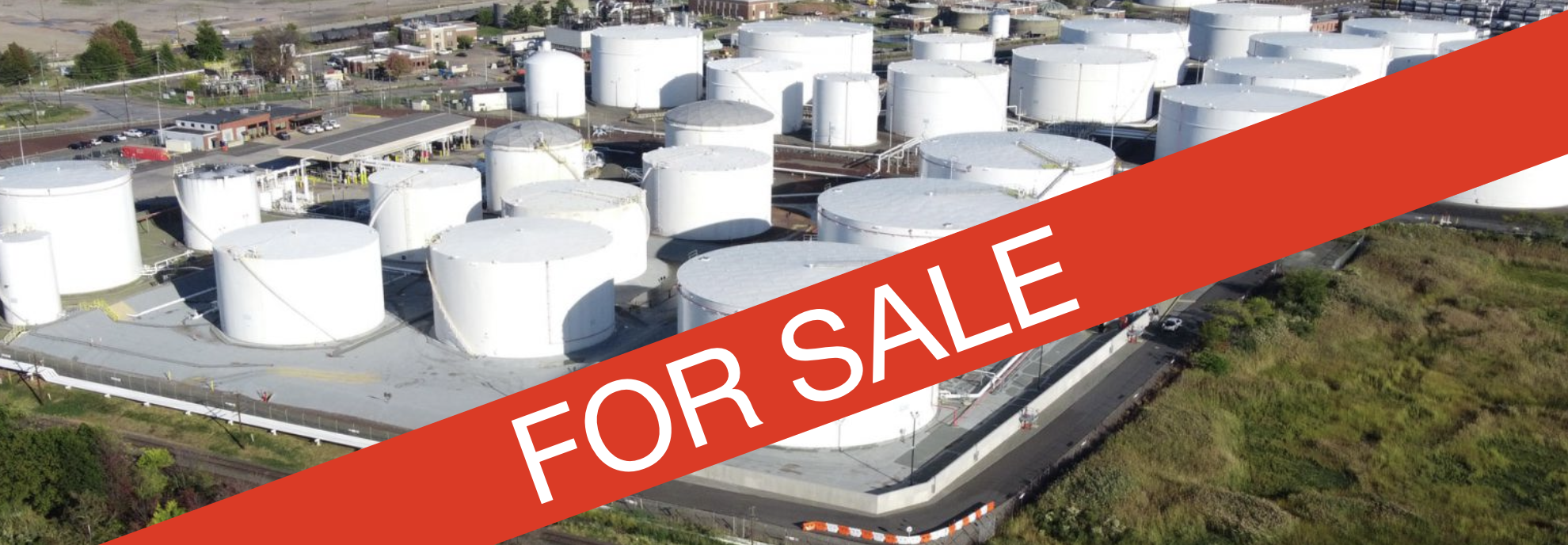by Anastasi Michailidis on October 5 2023.
In an era defined by rapid technological advancements, evolving environmental regulations, and shifting market dynamics, the sale of fuel terminals has emerged as a critical strategic move for players in the energy sector. While this may seem like a straightforward business decision, it holds the potential to shape the future of energy distribution and pave the way for a more sustainable, efficient, and resilient industry.
The Changing Landscape of Energy
To comprehend the significance of fuel terminal sales, we must first recognize the seismic shifts taking place within the energy landscape. The traditional fossil fuel-based energy model is being gradually replaced by cleaner and more sustainable alternatives, such as renewables and electric vehicles. This transition is driven by environmental concerns, governmental policies, and consumer preferences.
In this transformative environment, energy companies find themselves at a crossroads. Should they stick to conventional strategies or pivot towards innovative solutions? The sale of fuel terminals is emerging as a pivotal decision-making point, reflecting a broader commitment to adapt and thrive in the evolving energy ecosystem.
Strategic Repositioning
One of the primary reasons for selling fuel terminals is the ability to free up capital for strategic repositioning. As the industry diversifies, companies need resources to invest in renewable energy projects, electric vehicle charging infrastructure, and other sustainable technologies. By divesting from fuel terminals, energy companies can unlock funds that can be deployed to seize opportunities in these burgeoning markets.
Additionally, selling fuel terminals can streamline operations. With fewer assets to manage, companies can reduce overhead costs and focus on core business areas. This allows for increased agility and the ability to respond swiftly to market changes and emerging opportunities.
Environmental and Regulatory Considerations
The sale of fuel terminals aligns with the growing emphasis on environmental sustainability and regulatory compliance. Companies that divest from fossil fuel-related assets can enhance their environmental credentials, demonstrating a commitment to reducing their carbon footprint. This shift can also help mitigate potential financial risks associated with stranded assets in a carbon-constrained world.
Furthermore, by exiting the fuel terminal business, companies may be better positioned to navigate increasingly stringent environmental regulations. The energy industry is facing mounting pressure to reduce emissions and transition to cleaner energy sources. By shedding fuel terminals, companies can reallocate resources towards green initiatives and minimize exposure to regulatory liabilities.
Resilience and Adaptability
The energy sector is no stranger to volatility, as geopolitical tensions, supply chain disruptions, and market fluctuations can significantly impact operations. Selling fuel terminals can enhance a company’s resilience by reducing reliance on a single aspect of the energy supply chain. Diversifying assets and revenue streams can help mitigate risks associated with energy market shocks and ensure long-term stability.
Takeaways
The sale of fuel terminals is not merely a financial transaction; it represents a strategic choice with far-reaching implications for the energy industry. As we transition to a more sustainable and technologically advanced energy landscape, companies must reassess their portfolios and adapt to new realities.
By divesting from fuel terminals, energy companies can free up capital, enhance their environmental credentials, and position themselves for a resilient future. This strategic move reflects a commitment to innovation, sustainability, and adaptability, setting the stage for a thriving energy sector that can meet the challenges and opportunities of the 21st century head-on.
In conclusion, as the energy industry continues to evolve, the sale of fuel terminals is not a sign of retreat but a proactive step towards building a more sustainable, efficient, and resilient energy ecosystem. It is a testament to the industry’s ability to adapt, innovate, and lead in the pursuit of a greener and brighter future.
| READ MORE ON OUR WEBSITE |

